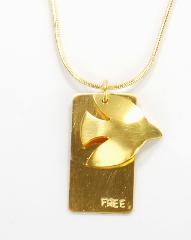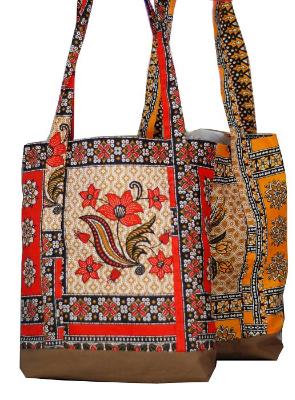 By Jamie Cooper and Rebecca Downes
By Jamie Cooper and Rebecca Downes
Fair Trade it is a movement that has gained increasing recognition within the past decade. Today, the words “fair trade” can be seen stamped on products in markets, shops and even online. But what exactly does this term refer to? Who does it benefit? How does it relate to President Lincoln?
Every day, hundreds of thousands of individuals are forced to work in unhealthy and dangerous conditions at a pay rate that is far below modern legal minimum wages. With little or no legal options for earning money, individuals are forced to accept these subpar working conditions and wages. Such atrocities happen all around the world, but they are particularly evident in third-world and developing nations. The fair trade movement seeks to solve this problem by promoting higher wages and better working conditions for the producers of products commonly imported into developed nations, such as fruit, coffee, chocolate, sugar, wine, gold, precious gems and hand-crafted goods. In America, for example, we often purchase or consume such products with little or no thought about the individuals who painstakingly produced them.
Organizations such as the Fairtrade Labelling Organizations International (FLO) and the World Fair Trade Organization (FTO) strive to not only enhance the quality of life for the artisans and laborers in developing countries, but to also help consumers in developed countries make the best possible choices when purchasing goods. Products that have been certified by the FLO and FTO receive product labels that make them easily identifiable as fair trade goods.
 Some of the most important Fair Trade items are those made by survivors of modern day slavery and human trafficking. Through Fair Trade, these victims now have a chance to protect their communities from slavery and violence through education and employment. With global assistance, these survivor made goods are now being sold worldwide. To honor of President Lincoln’s legacy, the Cottage is taking a very active role in selling Fair Trade merchandise, including survivor made goods. These items can be purchased in the Museum Store or on the online store. Each Fair Trade product comes with a brief description card about the company or organization and the artisans that created the product.
Some of the most important Fair Trade items are those made by survivors of modern day slavery and human trafficking. Through Fair Trade, these victims now have a chance to protect their communities from slavery and violence through education and employment. With global assistance, these survivor made goods are now being sold worldwide. To honor of President Lincoln’s legacy, the Cottage is taking a very active role in selling Fair Trade merchandise, including survivor made goods. These items can be purchased in the Museum Store or on the online store. Each Fair Trade product comes with a brief description card about the company or organization and the artisans that created the product.
President Lincoln believed that all people could be “self-made” by having the opportunity to achieve financial success through their own free will. He deplored slavery in any form or fashion. In 2012, we celebrate the 150th Anniversary of the D.C. Emancipation Act and the Emancipation Proclamation with programs throughout the year and our newest exhibit on modern day slavery and human trafficking, Can You Walk Away?
